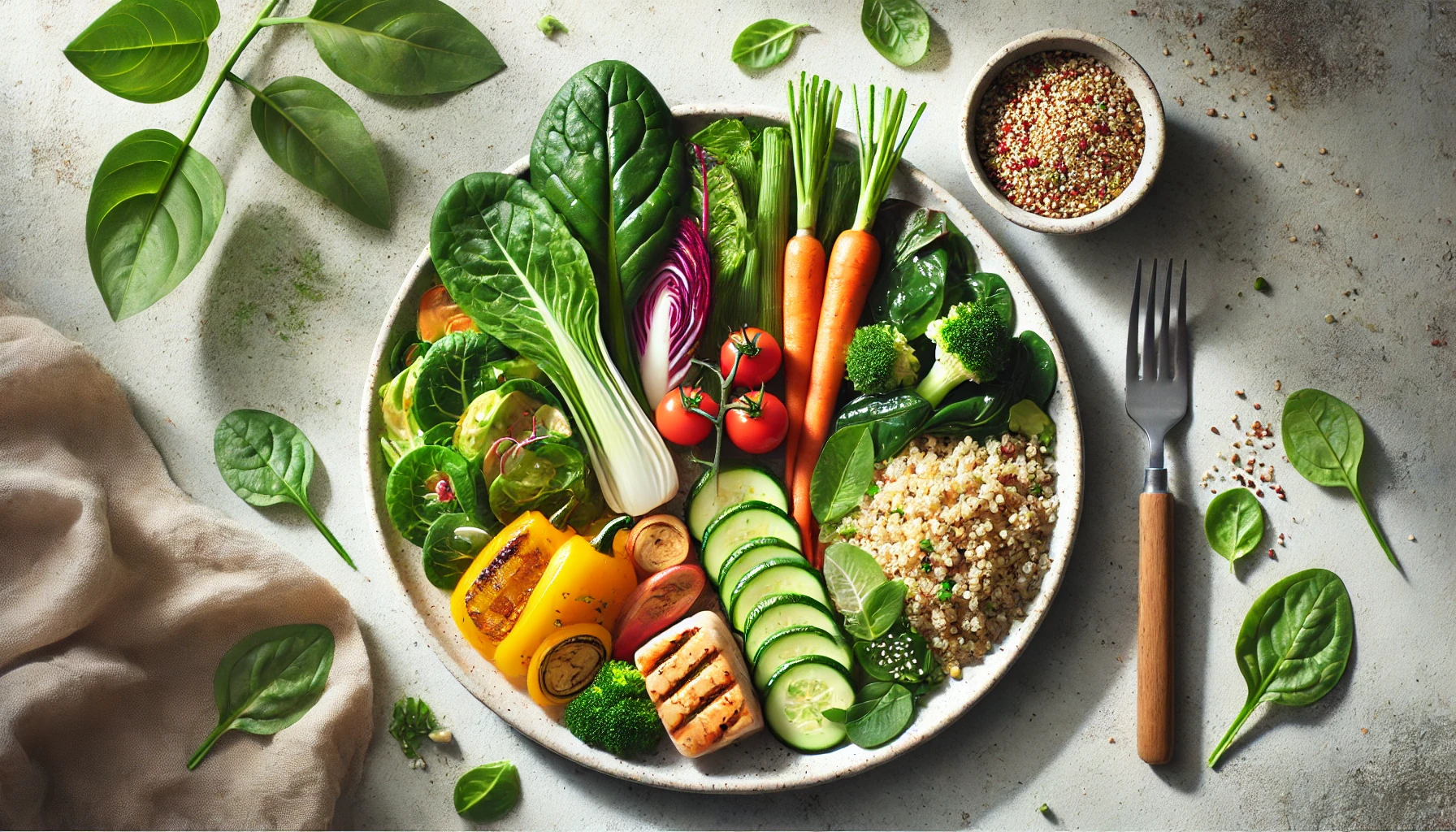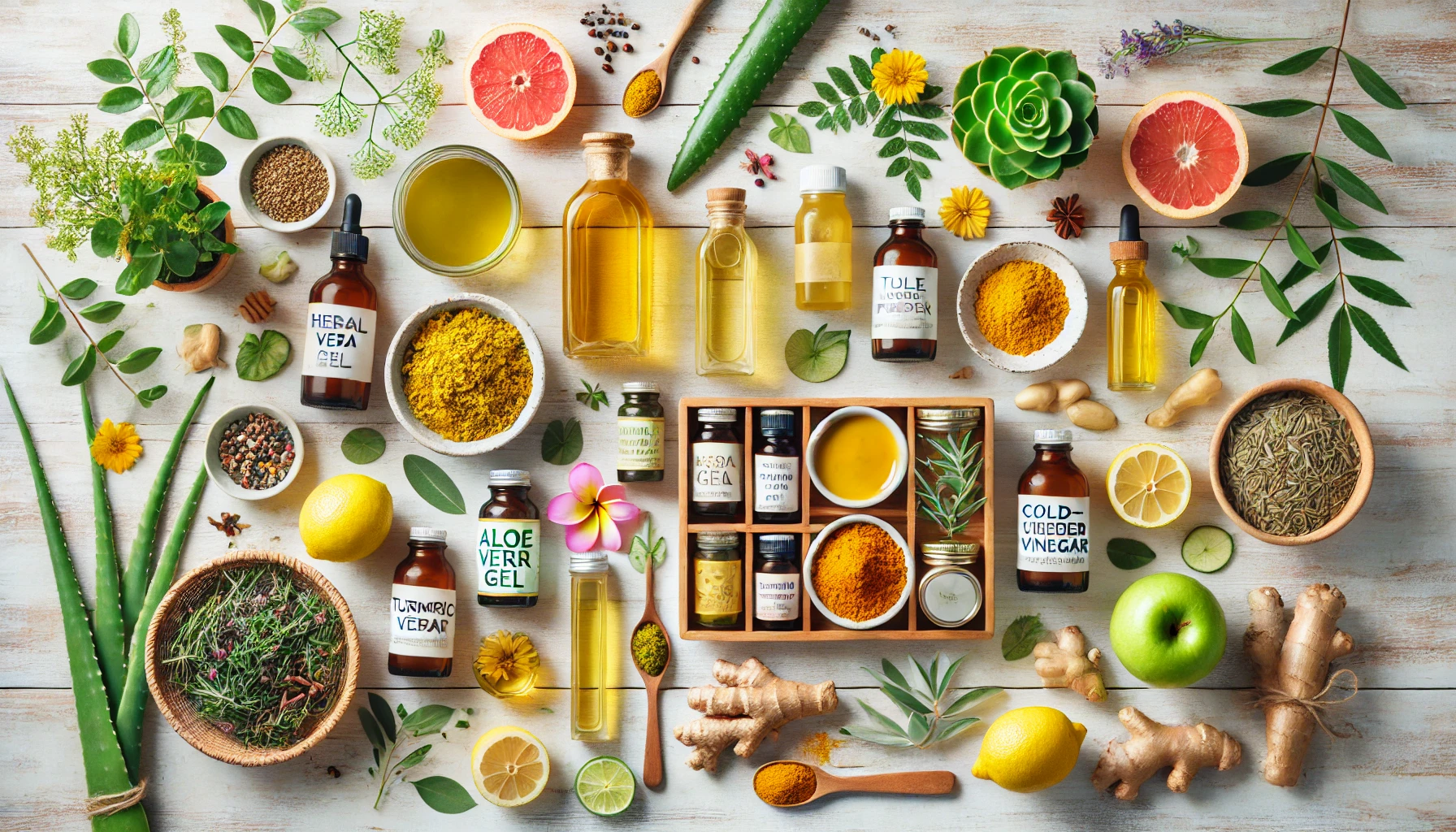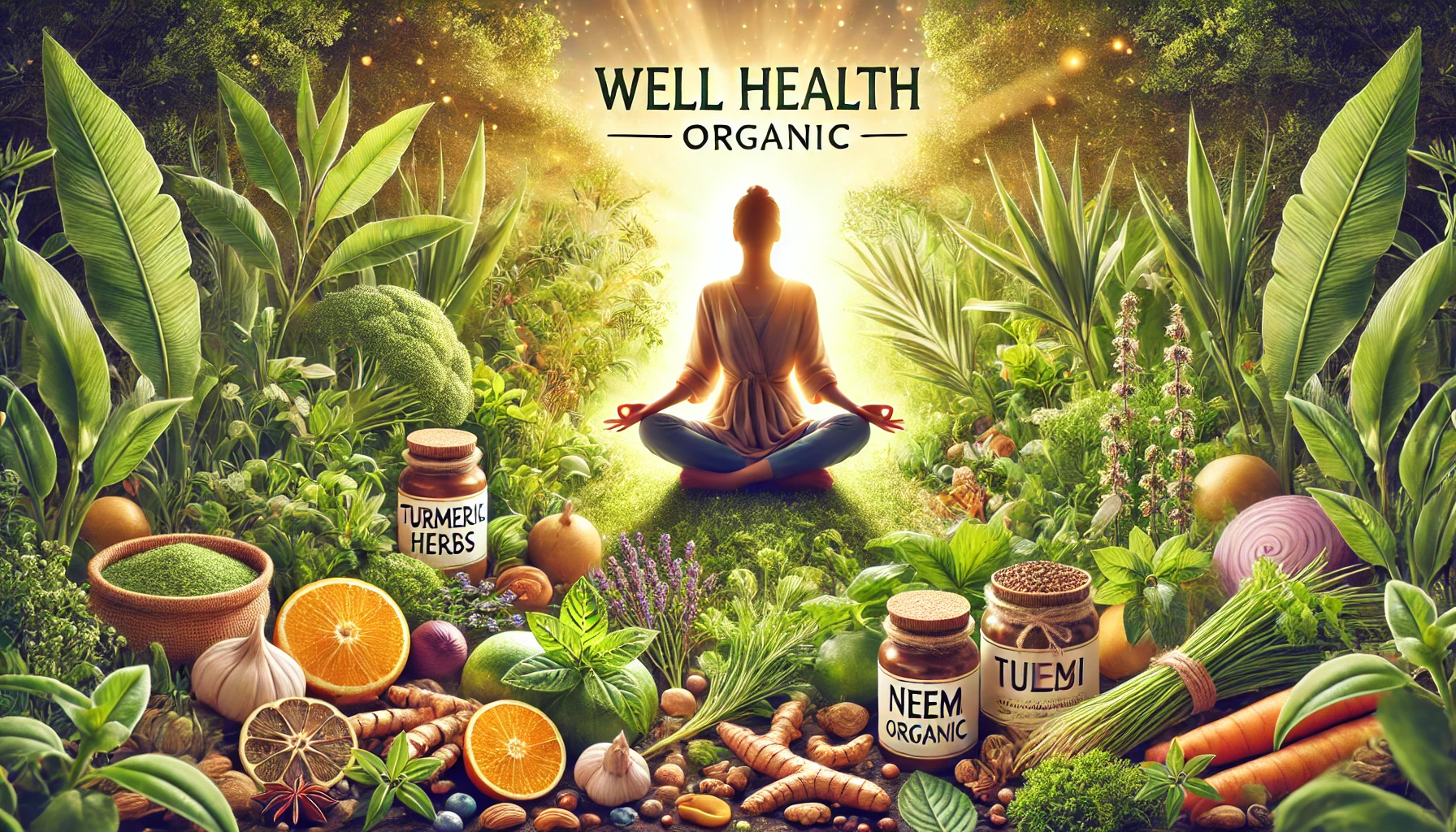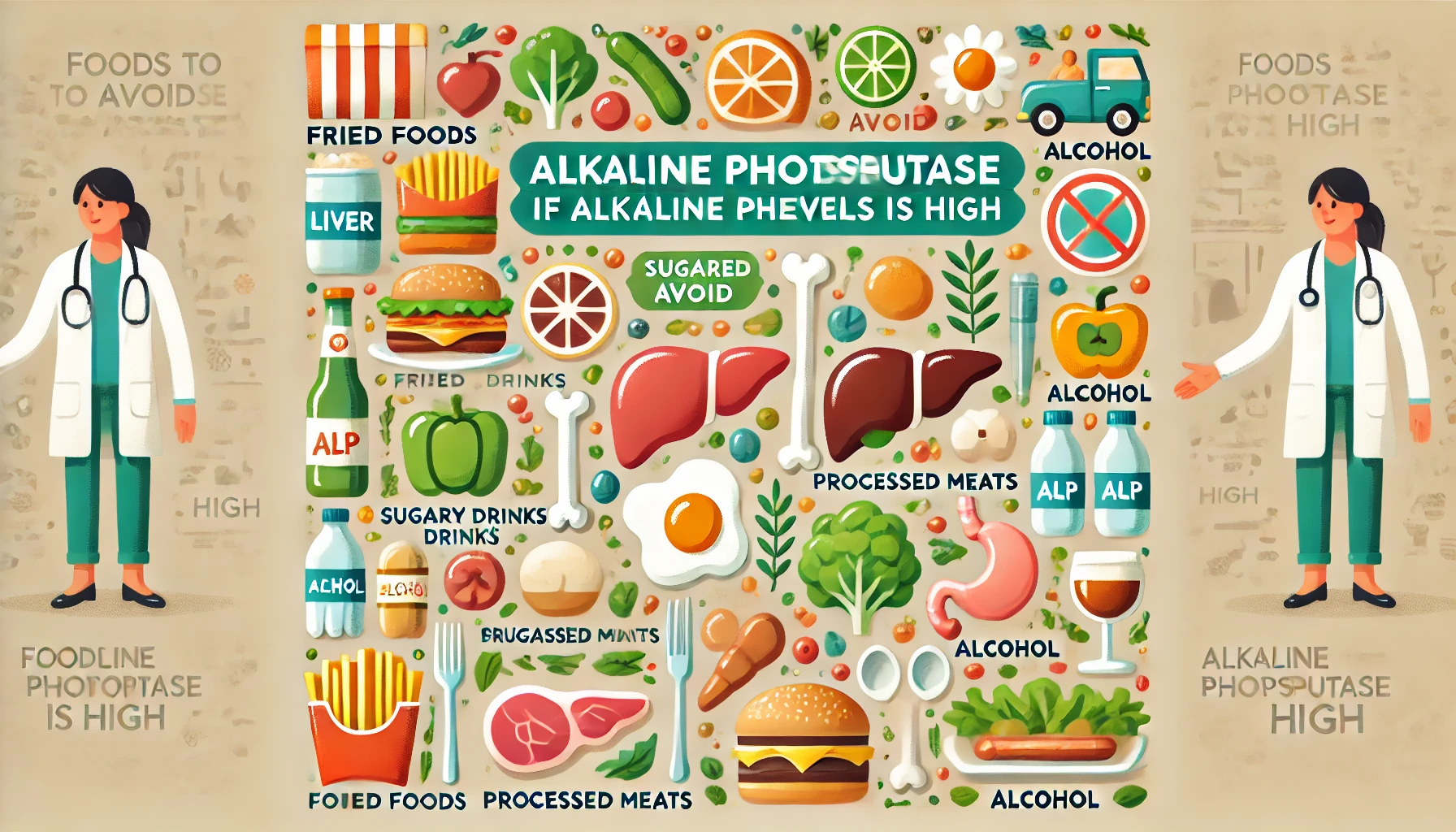“Discover the path to a healthy life with organic foods and mindful wellness practices. Learn the Healthy Life Well Health Organic Foods, benefits of well-being, expert opinions, and how to transition to an organic lifestyle for better health and balance.”
Introduction
In today’s fast-paced world, maintaining a healthy lifestyle has become more important than ever. With increasing awareness about health and well-being, more people are turning to organic foods and mindful practices to nourish both body and mind. A healthy life isn’t just about avoiding illness—it’s about thriving, feeling energized, and creating balance. In this comprehensive guide, we’ll explore the elements of a healthy life, the benefits of well-being, and why organic foods play a crucial role in maintaining health.
What is a Healthy Life?
A healthy life encompasses physical, mental, and emotional well-being. It’s a lifestyle that involves making conscious choices to support overall health and vitality. This includes eating nutritious foods, staying physically active, managing stress, getting enough sleep, and fostering positive relationships.
Key Components of a Healthy Life:
| Component | Description |
|---|---|
| Balanced Diet | Consuming a variety of whole, unprocessed foods rich in essential nutrients |
| Regular Exercise | Engaging in physical activity that keeps your body strong and flexible |
| Mental Health | Practicing mindfulness, reducing stress, and seeking support when needed |
| Adequate Sleep | Ensuring quality sleep to allow the body to rest and rejuvenate |
| Hydration | Drinking enough water to keep the body’s systems functioning properly |
| Avoiding Harmful Habits | Limiting intake of processed foods, alcohol, and tobacco |
The Importance of Well-Being
Well-being goes beyond physical health; it’s about feeling content, balanced, and fulfilled in life. When you prioritize well-being, you enhance your quality of life and increase your resilience to stress and illness.
Benefits of Well-Being:
- Improved mental clarity and focus
- Greater emotional stability
- Enhanced physical health and energy levels
- Stronger immune system
- Better relationships and social connections
Organic Foods: A Cornerstone of Health

Organic foods are grown without synthetic pesticides, herbicides, and fertilizers. They are free from genetically modified organisms (GMOs) and are often richer in nutrients compared to conventionally grown produce.
Benefits of Organic Foods:
| Benefit | Description |
| Higher Nutritional Value | Organic fruits and vegetables often contain more vitamins, minerals, and antioxidants |
| No Harmful Chemicals | Reduced exposure to pesticides and chemicals lowers the risk of health issues |
| Better Taste and Quality | Organic foods are often fresher and more flavorful |
| Environmental Benefits | Organic farming practices promote soil health and reduce pollution |
| Animal Welfare | Organic livestock is raised without antibiotics or growth hormones and in more humane conditions |
Expert Opinions on Organic Foods and Healthy Living
Dr. Ayesha Khan, Nutritionist: “Switching to organic foods not only improves your physical health but also supports mental well-being. The absence of harmful chemicals reduces the risk of chronic diseases.”
Dr. Rajesh Malhotra, Wellness Coach: “A balanced lifestyle with organic foods, regular exercise, and proper sleep forms the foundation of a healthy and happy life.”

How to Transition to an Organic Lifestyle
- Start Small: Begin by replacing a few key items like fruits, vegetables, and dairy with organic versions.
- Read Labels: Look for certifications like USDA Organic or EU Organic.
- Buy Local: Support local farmers who use organic practices.
- Plan Meals: Prepare home-cooked meals using fresh, organic ingredients.
- Grow Your Own: If possible, cultivate a small organic garden.
Frequently Asked Questions (FAQs)
Q1: Are organic foods more nutritious than conventional foods?
Yes, organic foods often contain higher levels of essential vitamins, minerals, and antioxidants compared to conventionally grown produce.
Q2: Is organic food more expensive?
While organic foods can be pricier, their benefits to health and the environment often justify the cost. You can save by buying in-season and local produce.
Q3: How can I tell if a product is truly organic?
Look for official certifications like USDA Organic, EU Organic, or other government-approved organic labels on packaging.
Conclusion
A healthy life is a journey of making informed, mindful choices that benefit both your body and the environment. By embracing well-being practices and incorporating organic foods into your diet, you can improve your health, enhance your quality of life, and contribute to a sustainable future. Start small, stay consistent, and watch as your life transforms into a vibrant, balanced, and healthful experience.










